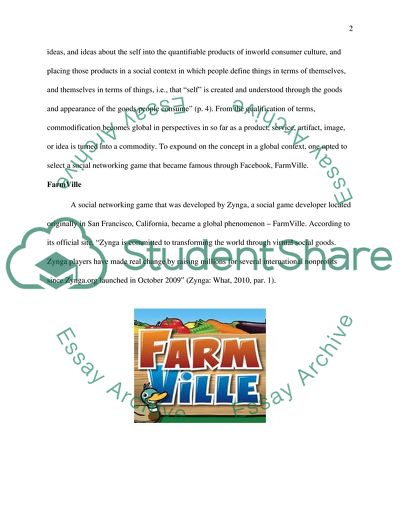Cite this document
(Commodification and Globalization Research Paper - 1, n.d.)
Commodification and Globalization Research Paper - 1. https://studentshare.org/politics/1750430-communication-culture-and-context
Commodification and Globalization Research Paper - 1. https://studentshare.org/politics/1750430-communication-culture-and-context
(Commodification and Globalization Research Paper - 1)
Commodification and Globalization Research Paper - 1. https://studentshare.org/politics/1750430-communication-culture-and-context.
Commodification and Globalization Research Paper - 1. https://studentshare.org/politics/1750430-communication-culture-and-context.
“Commodification and Globalization Research Paper - 1”. https://studentshare.org/politics/1750430-communication-culture-and-context.


